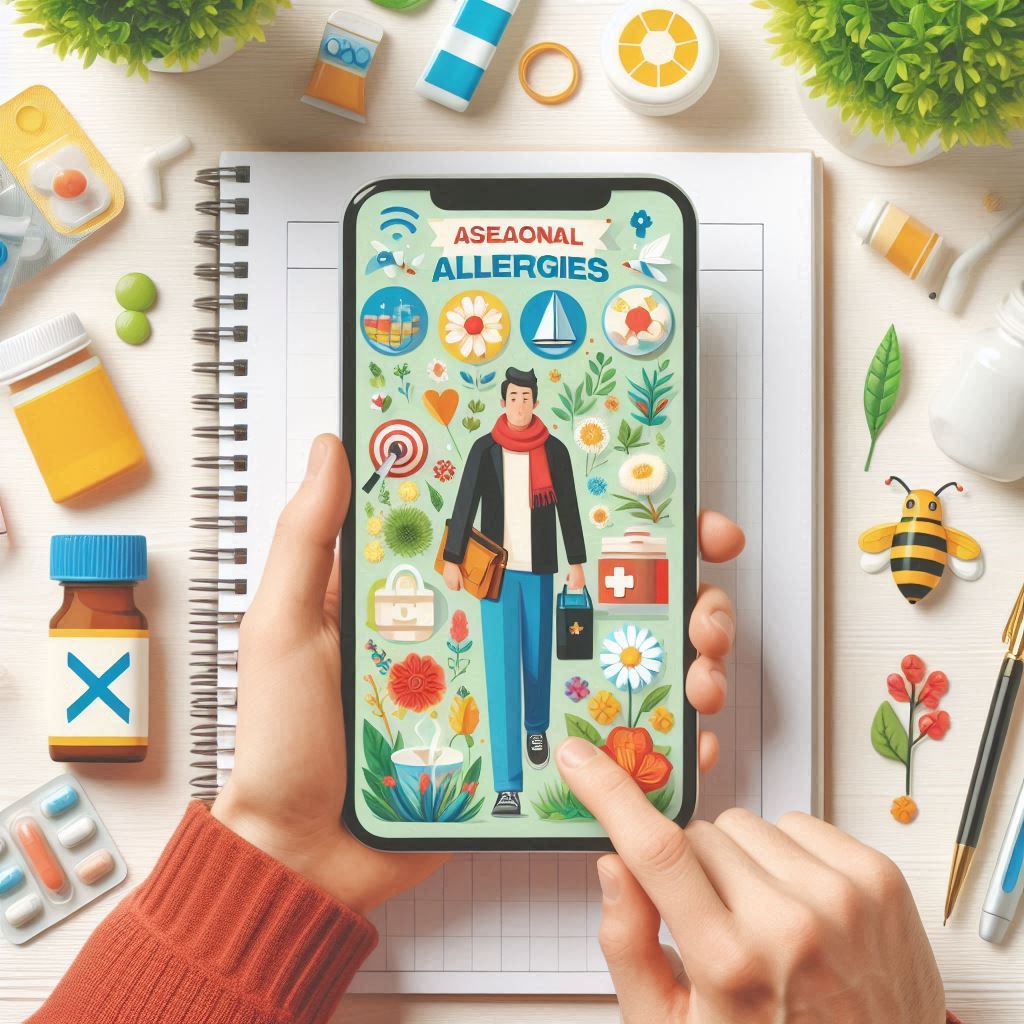Introduction
Seasonal allergies, also known as hay fever or allergic rhinitis, affect millions of individuals each year. As seasons change, particularly during spring and fall, pollen counts rise, leading to increased instances of allergy symptoms. For many, these symptoms can be debilitating, impacting daily life and productivity. Fortunately, your local pharmacy is a valuable resource in managing and alleviating these symptoms. This article provides essential tips and insights from pharmacists to help you navigate seasonal allergies effectively.
Understanding Seasonal Allergies
Seasonal allergies are caused by an overreaction of the immune system to allergens like pollen, mold spores, and dust mites. Common symptoms include sneezing, nasal congestion, itchy eyes, runny nose, and throat irritation. While these symptoms can be mistaken for a common cold, the duration and timing of symptoms—typically corresponding with changes in the environment—are key indicators of allergies.
The Role of Your Local Pharmacy
Pharmacists play a crucial role in helping individuals manage seasonal allergies. With their extensive knowledge of medications and over-the-counter (OTC) products, pharmacists can provide personalized recommendations and advice tailored to your specific symptoms and health needs.

Tips for Managing Seasonal Allergies
- Know Your Triggers
- Understanding what triggers your allergies is the first step in managing them. Pollen from trees, grasses, and weeds are common culprits. A local pharmacist can help you identify these triggers and suggest ways to minimize exposure, such as using air purifiers and avoiding outdoor activities during peak pollen times.
- Utilize Over-the-Counter Medications
- Antihistamines: These are often the first line of defense against allergy symptoms. Newer, non-drowsy antihistamines like loratadine and cetirizine can be taken daily to prevent symptoms.
- Decongestants: For those experiencing nasal congestion, decongestants like pseudoephedrine can provide relief. However, they are not suitable for everyone, particularly individuals with certain health conditions. Always consult your pharmacist before use.
- Nasal Sprays: Corticosteroid nasal sprays, such as fluticasone, are highly effective in reducing inflammation and controlling allergy symptoms. These sprays are safe for long-term use and can be a cornerstone of allergy management.
- Eye Drops: If you experience itchy, watery eyes, antihistamine eye drops can provide targeted relief. These are available both OTC and by prescription.
- Inquire About Prescription Options
- If OTC medications are not providing sufficient relief, your pharmacist may suggest prescription options. These can include stronger antihistamines, leukotriene inhibitors, or immunotherapy. Pharmacists can also coordinate with your healthcare provider to ensure you receive the most effective treatment.
- Consider Preventive Measures
- Regular use of saline nasal sprays can help rinse out allergens from your nasal passages. Additionally, wearing sunglasses outdoors can reduce eye exposure to airborne pollen. Your local pharmacy may also stock allergen-proof bedding and air filters, which can significantly reduce allergen exposure at home.
- Stay Informed About Local Allergy Conditions
- Many pharmacies provide information on local pollen counts and allergy forecasts. By staying informed, you can plan your activities and medication regimen more effectively. Some pharmacies may even offer apps or text alerts to keep you updated.

- Lifestyle Adjustments
- Simple lifestyle changes can make a big difference in managing allergy symptoms. Keeping windows closed during high pollen times, showering after being outdoors, and regularly washing bedding can reduce allergen exposure. A pharmacist can provide additional tips based on your specific environment and needs.
The Importance of Professional Guidance
While many people rely on OTC medications to manage their allergies, it's important to remember that self-medicating without professional guidance can lead to ineffective treatment or unwanted side effects. Pharmacists are trained to assess your symptoms and suggest the best course of action, considering any other medications you may be taking and your overall health profile.

Conclusion
Seasonal allergies can be a significant burden, but with the right knowledge and resources, you can manage your symptoms effectively. Your local pharmacy is a valuable partner in this journey, offering expert advice, personalized treatment options, and preventive measures to help you navigate the allergy season with ease. Don’t hesitate to reach out to your pharmacist for guidance—they’re here to help you breathe easier.



